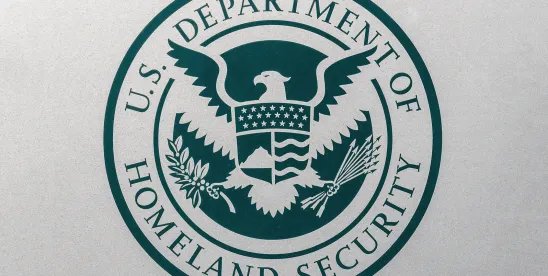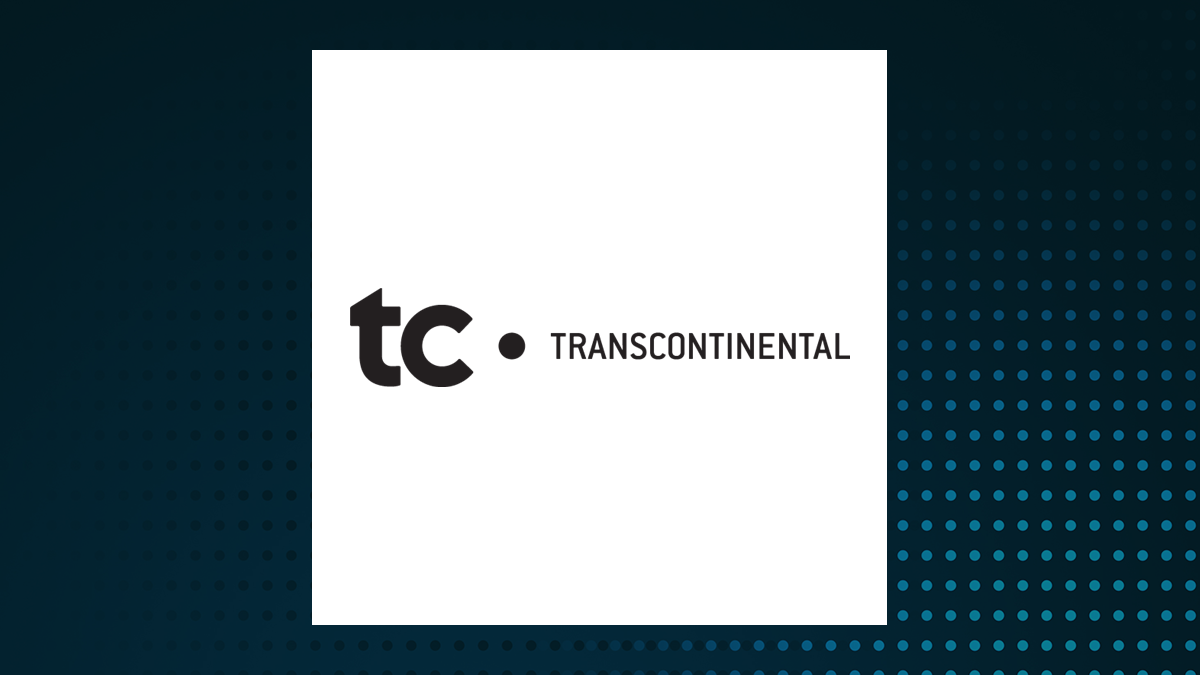The Department of Homeland Security (DHS) will implement a new interim final rule effective October 30, 2025, which eliminates the automatic 540-day extension for Employment Authorization Document (EAD) renewals. This change will significantly impact individuals who file their EAD renewal applications after this date, as they will no longer receive an automatic extension of their work authorization while their applications are pending.
Under the current regulations, individuals with pending EAD renewal applications can benefit from an automatic extension that lasts for up to 540 days. The new rule, however, will reduce this extension period to zero days for all eligible categories. As a result, if an individual’s EAD expires while their renewal application is still under review, they will not be authorized to work.
Implications for EAD Applicants
This new rule affects all categories that were previously eligible for the 540-day extension. Those impacted include:
– Spouses of principal E and L-1 nonimmigrants
– H-4 nonimmigrants
– Individuals with pending Adjustment of Status applications
– Recipients of Temporary Protected Status (TPS)
– Asylum applicants with pending cases
– Cancellation of removal applicants
– VAWA self-petitioners
On the other hand, individuals currently benefiting from the 540-day extension will not be affected by this change, nor will those who file their I-765 application renewal before October 30, 2025.
Action Steps for Applicants
DHS advises those who intend to rely on the automatic extension to take action promptly. Filing your renewal application before October 30, 2025, is essential to benefit from the automatic extension. Many categories allow for electronic filing, which can expedite processing times.
It is important to remember that applicants may file their renewal applications up to 180 days in advance of their EAD expiration. In some cases, earlier filing may be possible for replacement EADs, providing additional flexibility for those in need.
The elimination of the automatic extension underscores the urgency for EAD holders to stay informed about their application status and renewal timelines. This decision by DHS not only reflects adjustments in immigration policy but also emphasizes the need for individuals to proactively manage their employment authorization status to avoid disruptions in their work.
As the implementation date approaches, individuals affected by this rule should prepare accordingly to ensure they remain compliant with the new regulations.







